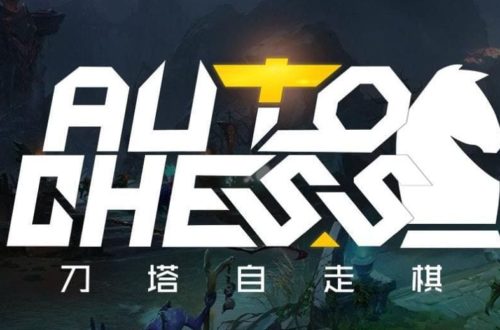Social media and the way the internet allows us to share ideas is having a profound effect on the way many of us see the world, myself included. Through the internet, I’ve been introduced to whole new areas and ways of thinking. My politics lean left and so in my social accounts I’ve accumulated an array of interesting progressive and left wing voices, and learned a lot from them. I’ve been reading more of Ray Dalio’s book ‘Principles’ that I wrote about a few days ago, and he places a great emphasis on exposing yourself to people you can disagree with in a constructive way and using these exchanges to seek out truth and deepen your understanding of reality. This is something that ‘the discourse’ on social is unfortunately very poorly suited to. The combination of relative anonymity, a premium on ‘infotainment’ in which people distill any thought down to a clever one liner and the strange mob dynamics of viral anger make the seeking of nuance, complexity and ambiguity more and more difficult, if not impossible. Dissenting voices are glibly ‘dunked on’ and worse, sometimes mobbed for harassment. This creates an environment of intellectual intolerance in which point scoring and rising follower counts defeat mutual understanding.
In Dalio’s book he writes a fair amount about the distinction between behaviors which we consciously engage in, governed by the rational neocortex and those we unconsciously engage in, governed by the lizard like amygdala which controls emotion. The social media stream of outrage, algorithmically manipulated dopamine hits and self-righteous group think seems to me to be heavily lead by lizard brain dynamics. There’s a part of the mind that enjoys lashing out verbally, or solidifying group identity by mocking and excluding others. These feelings are atavistically pleasurable and satisfying, even if our rational mind is somewhat ashamed to be participating in them. The fact that social media can feel like a consequence free zone in which we can let the lizard brain out to bite people and strut around additionally supports this dynamic. The fact that we can engage in these behaviors with a feeling of self-righteousness is one reason people are drawn to ‘internet activism’. When you feel morally justified to engage and let loose the nastiest part of your personality that otherwise needs to be controlled and contained in polite society, the appeal is understandable. The result is an enforcement of a kind of brittle ideological purity in which people become afraid to dissent, knowing that someone may take the opportunity to make an example of them and self-righteously lead a campaign against them. Mob leaders will be rewarded with a feeling of self-righteousness, and gain social exposure and followers on the platform, which can be translated into money and social influence. So we see a dynamic in which being outraged has become a kind of cottage industry in which large groups of people get to indulge their worst impulses while feeling protected by membership in the mob and assured of their rightness by the fact that others are participating.
I won’t venture an opinion as to how evenly distributed this dynamic is across the ideological spectrum. I observe a great deal of this coming from contemporary right wing reactionary movements online, and think they are probably disproportionately represented, but I am not unbiased in this regard. Notably however this has lead to a self-identified group of right leaning thinkers who have created their own industry out of debunking what they call ‘political correctness’. Generally speaking their interpretation of political correctness is any situation in which a marginalized group of people demands respect and equity from the dominant mainstream. This requires a degree of nuance in my opinion because while I think that this group is more or less a reactionary vanguard attempting to make it seem edgy and original to defend the status quo and existing power dynamics under the guise of ‘traditional values’ the dynamic that they are pointing to is real. There is a stifling of intellectual dissent going on, they are just incorrectly conflating it with a rejection of their personal ideology. I think there’s a danger here because we on the left should not be tricked into becoming the defenders of group think and ideological conformity. One of the great values of progressivism is strength in diversity, embrace of complexity, dissent and heterodoxy. Respect for authority is a rightwing aesthetic. Right wing ideological conformity organizes itself on hierarchical lines. On the left we are seeing a dynamic in which people are self-censoring and attempting to conform to the constantly shifting ideology of a viral swarm of angry internet activists. There is a time for actively seeking group consensus, but this is not the dynamic I see emergent on social media. The descent of some voices in the progressive movement into a singleminded focus on point scoring, calling one another out and enforcing ideological purity risks us destroying one of the great strengths of our system of values: our capacity to tolerate ambiguity and disagree constructively.




